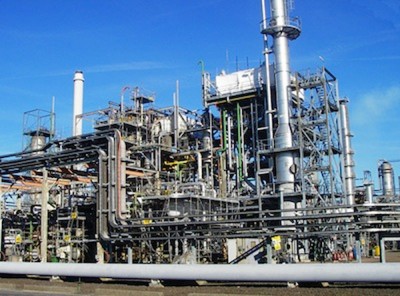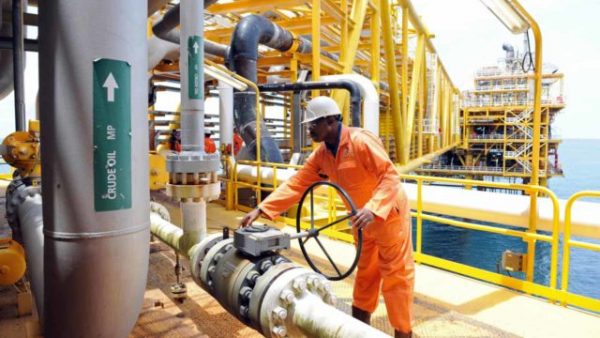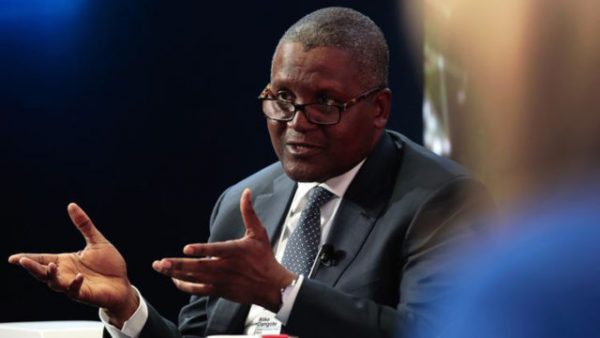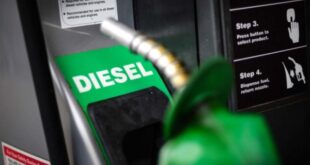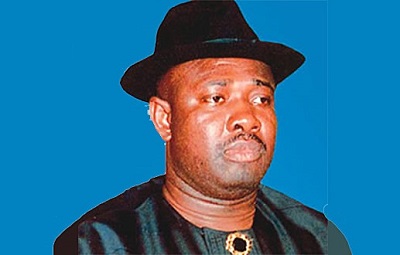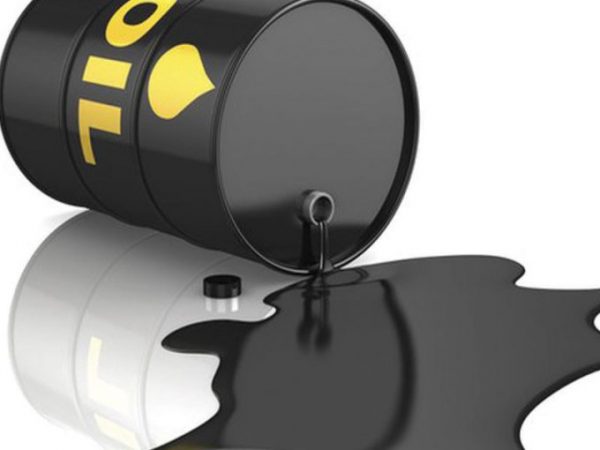 The oil price crash brought on by the coronavirus pandemic looks set to put a damper on gas flaring reduction efforts in the country as oil firms cut capital spending.
The oil price crash brought on by the coronavirus pandemic looks set to put a damper on gas flaring reduction efforts in the country as oil firms cut capital spending.
International and indigenous oil firms operating in the country have taken a beating from the sharp drop in global oil prices and demand for the commodity.

Royal Dutch Shell said it would reduce capital spending to $20bn for 2020 from its previously planned $25bn, while the United States-based ExxonMobil cut its budget by $10bn to $23bn.
Total, French oil major, said in March that it would cut its capital spending by around 20 per cent to below $15bn, while Italy’s Eni said it would reduce its 2020 capital expenditure by €2bn or 25 per cent.

Oil and gas firms operating in Nigeria flared a total of 244.36 billion scf of gas last year, down from 282.08 billion scf in 2018, according to data from the Nigerian National Petroleum Corporation.

Several gas projects have been completed in recent years, accounting for the gradual decline in the amount of natural gas being wasted in the country.
Shell Petroleum Development Company of Nigeria, in its latest Nigeria Briefing Notes, said the Southern Swamp Associated Gas and Forcados Yokri gas-gathering facilities achieved first production in 2019, with the gas destined for domestic and global markets.
It said a series of investments by the SPDC Joint Venture since 2010 to capture and commercialise associated gas for domestic and export markets had decreased routine flaring by almost 90 per cent.
The oil major said, “Soku, Bonny, Gbaran and Agbada facilities have fully functional solutions to address routine flaring. For other facilities, solutions have been identified to capture the associated gas.
“As a signatory to the World Bank’s ‘Zero Routine Flaring by 2030’ initiative, Shell continues to pursue its 2015 commitment to eliminate associated gas flaring from its operations around the world, including Nigeria.”
The SPDC, however, said flaring increased by about 20 per cent in 2019 compared with 2018 “due to the reopening of the Trans Ramos Pipeline and the delayed start-up of some gas gathering projects.”
“Progress continues to be made and a further reduction in flaring is anticipated in 2020 and beyond,” it added.
The SPDC JV is working with the Federal Government and Nigerian National Petroleum Corporation on developing four of the government’s seven gas supply projects.
One of the projects is the Assa North/Ohaji South Gas Development Project in Imo State where construction began in 2019.
“The project, with a capacity for 300 million standard cubic feet of gas per day, has the potential to be one of the largest domestic gas projects in the country when completed,” Shell said.
It said the development would help the Federal Government deliver on its ambition to provide enough gas for domestic consumption, power generation and gas-based ammonia and urea fertilisers for farmers.
“The other three projects are in early stages and investment decisions have not been taken. However, if all four projects were completed, together they might be expected to deliver more than three billion standard cubic feet of gas per day for domestic use and export,” the firm added.
Nigeria has around 202 trillion cubic feet of proven gas reserves and about 600 trillion cubic feet of unproven reserves, according to the government-owned Nigerian National Petroleum Corporation.
“However, only 25 per cent of these reserves are being produced or are under development,” the SPDC said.
The Department of Petroleum Resources said in February that it had shortlisted 200 investors to bid for gas flare sites after the evaluation of statements of qualification submitted by interested companies.
The DPR said 45 gas flare sites would be put up for auction in the first phase of the Nigerian Gas Flare Commercialisation Programme, which was inaugurated in October 2016.
The PUNCH reported this month that the Federal Government had increased the expected gas flare penalty payment by oil and gas companies.
The Director General, Budget Office of the Federation, Ben Akabueze, said the government would “tighten implementation of the 2018 revised gas flare penalty payment regime (resulting in upward revision of gas flare penalty for 2020 from N44.7bn to N103.51bn)”.
According to the revised payment regime for gas flaring, oil firms producing 10,000 barrels of oil or more per day will pay $2 per 1,000 standard cubic feet of gas, compared to N10 per 1,000 scf in the past.
Firms producing less than 10,000 barrels of oil per day will pay a gas flare penalty of $0.5 per 1,000 scf.
 MMS PLUS NG – Maritime, Aviation, Business, Oil and Gas News Online Newspaper with coverage in Maritime, Oil and Gas, Aviation, Power and Energy as well as Financial News
MMS PLUS NG – Maritime, Aviation, Business, Oil and Gas News Online Newspaper with coverage in Maritime, Oil and Gas, Aviation, Power and Energy as well as Financial News



